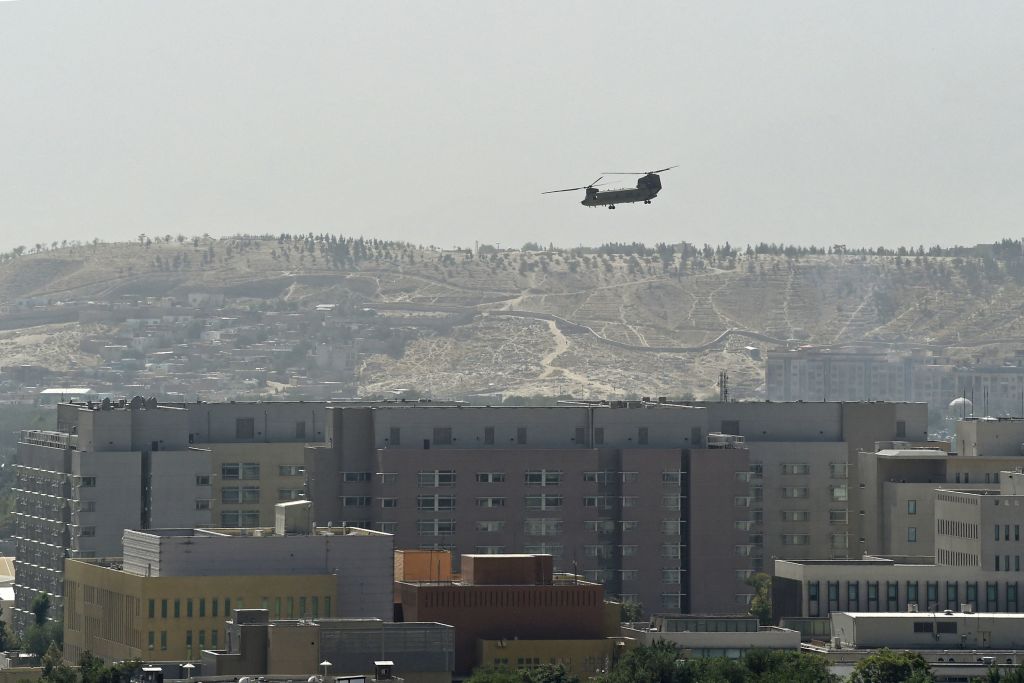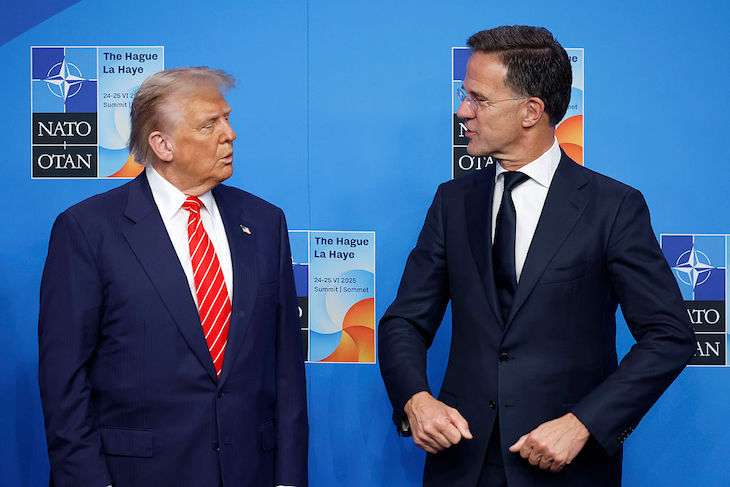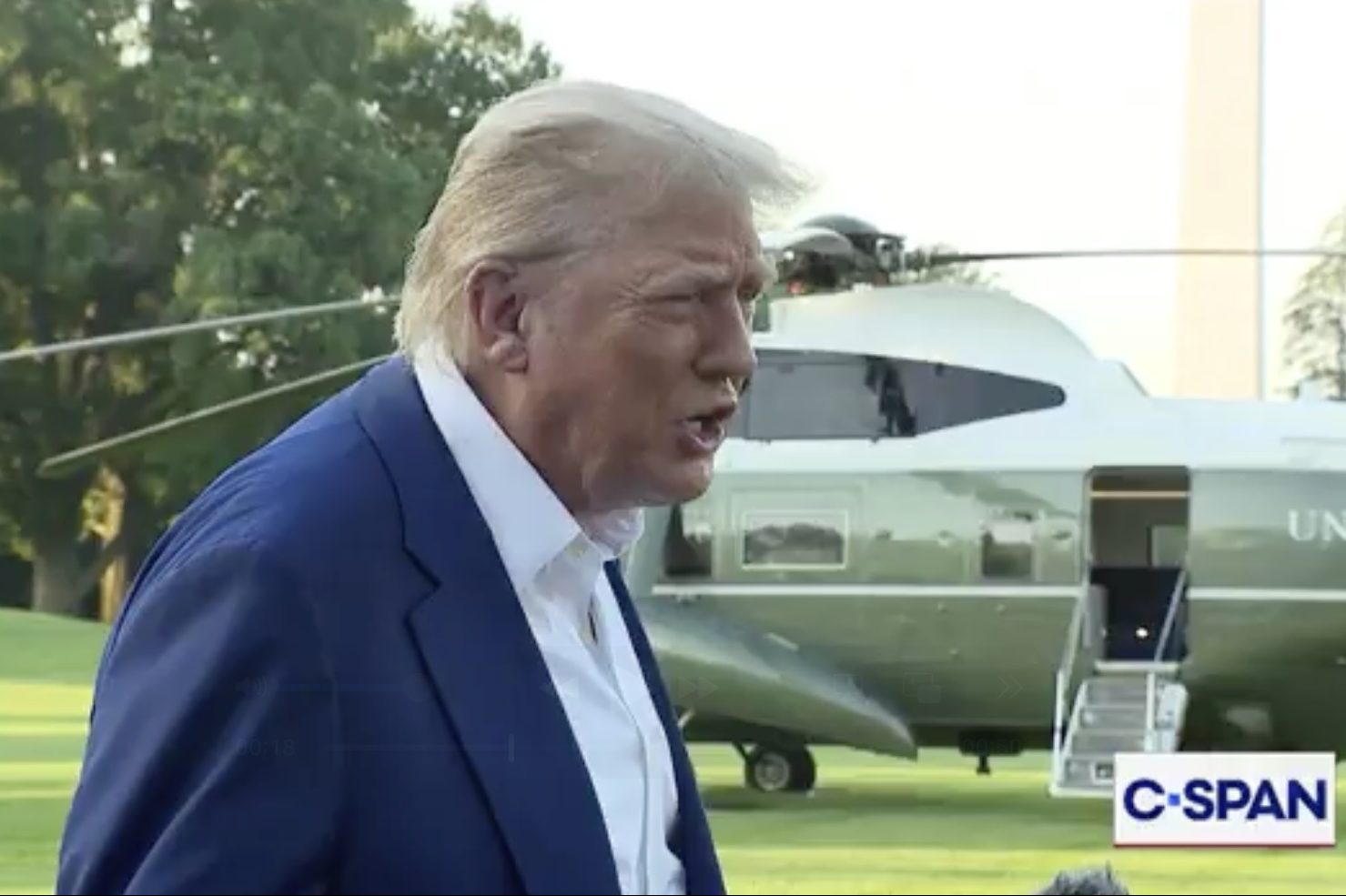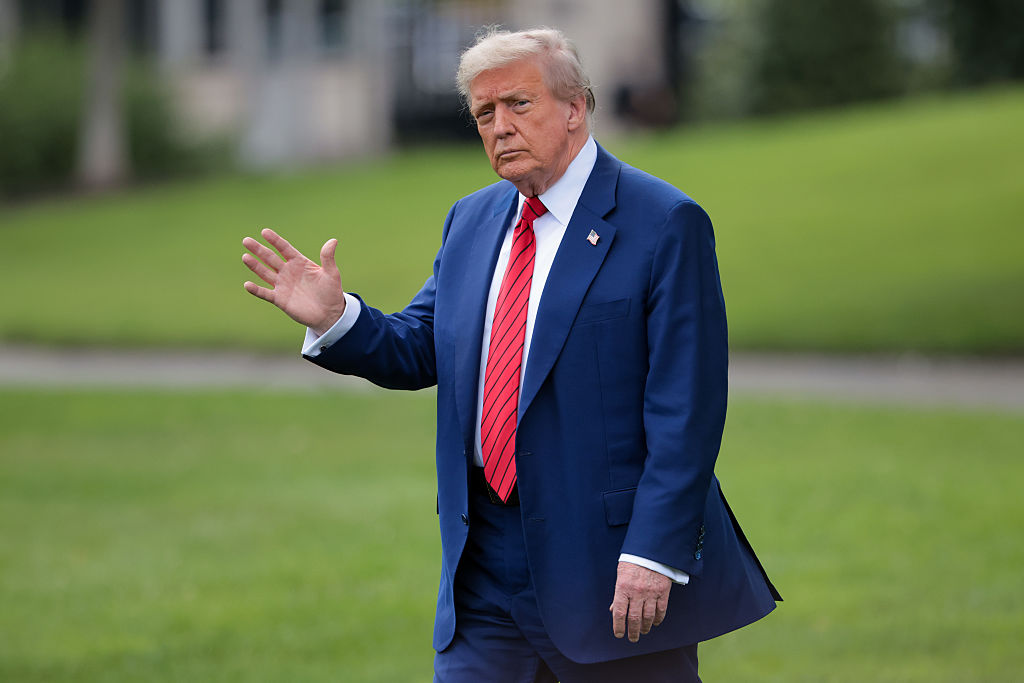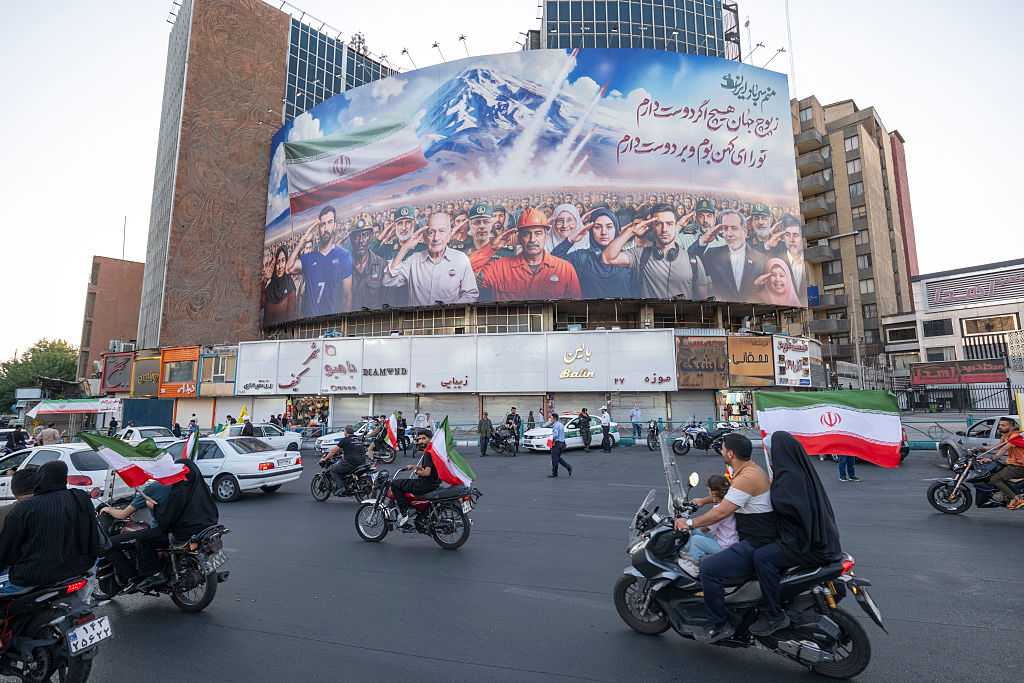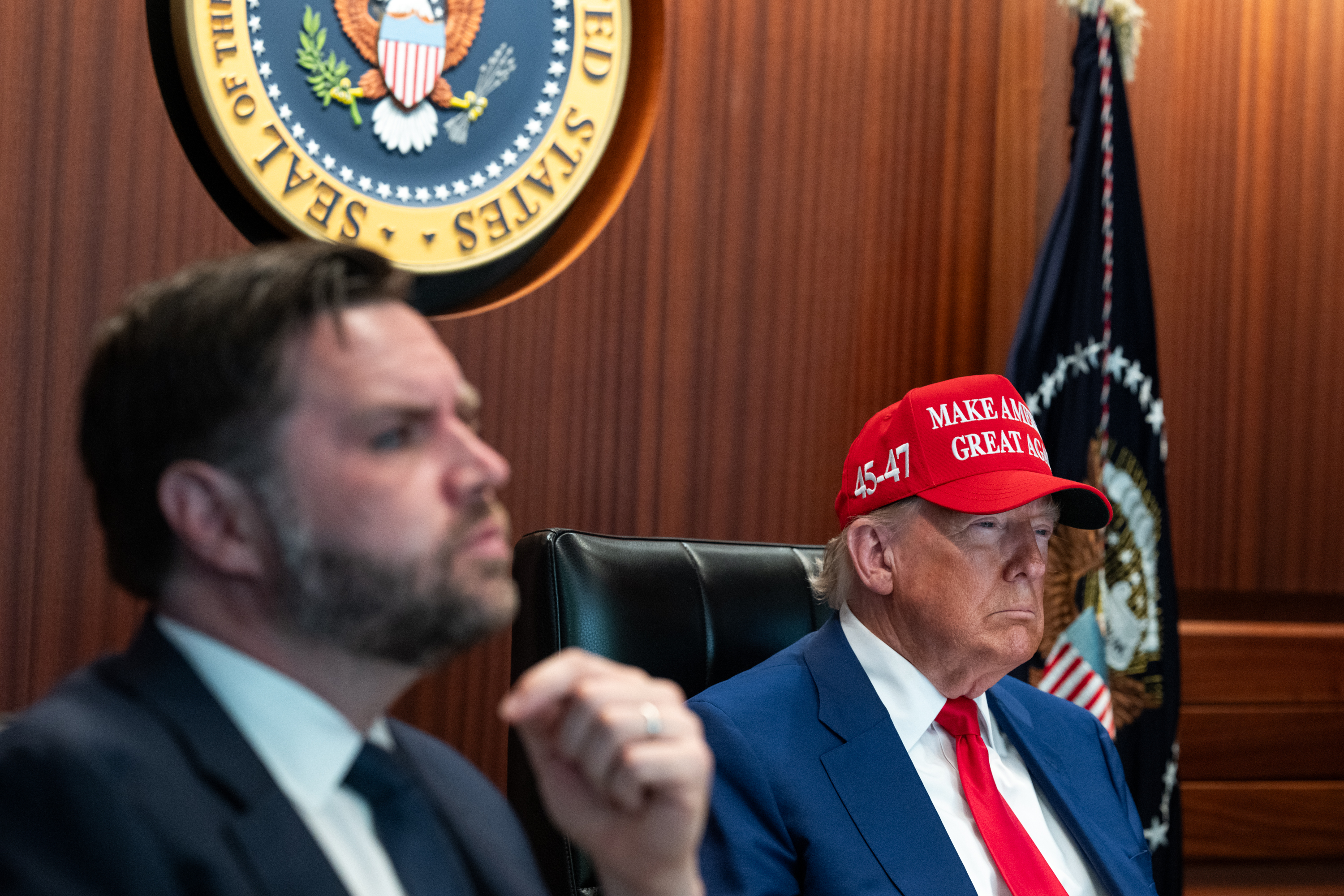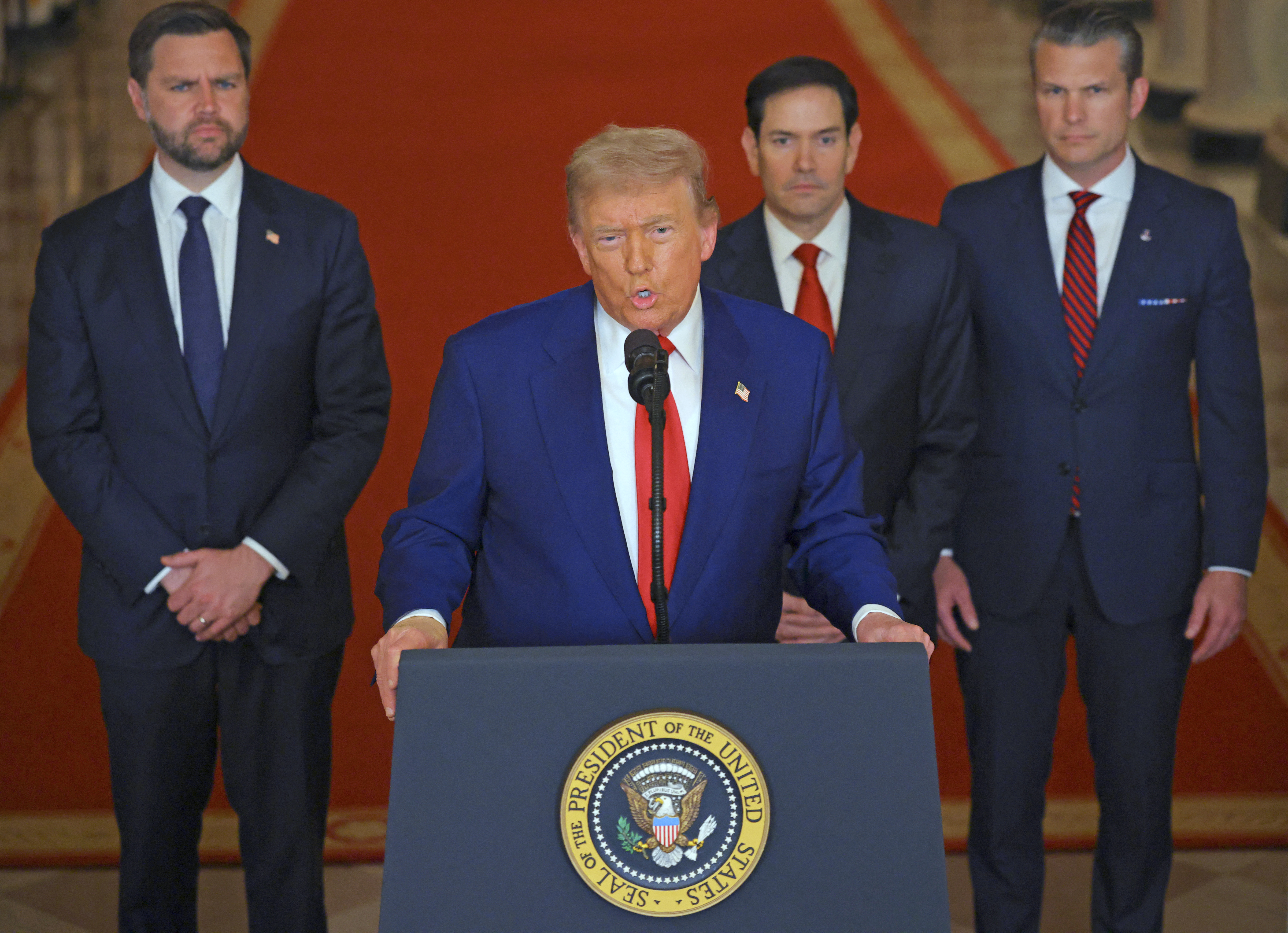The hasty withdrawal from Kabul has inevitably been compared to the Fall of Saigon at the end of the Vietnam war. Pictures of a Chinook flying over the US embassy in the Afghan capital to pluck staff to safety did bear something of a resemblance to the airlift of 1975. But is the comparison fair?
Joe Biden, at least, has been keen — for understandable reasons — to deny that Afghanistan is anything like Vietnam. A month ago, Biden told a reporter he saw ‘zero’ parallel between the Vietnamese and Afghan withdrawals:
‘The Taliban is not the same as the North Vietnamese army. They’re not remotely comparable in terms of capabilities. There’s going to be no circumstance wherein you’re going to see people being lifted off the roof of an embassy of the United States from Afghanistan’.
Gen. Mark Milley, chairman of the US Joint Chiefs of Staff, had gone as far as to tell reporters: ‘I do not see that unfolding’. ‘I may be wrong, who knows, you can’t predict the future, but…the Taliban just aren’t the North Vietnamese army. It’s not that kind of situation.’
In this, if nothing else, he was right. It took two years for Saigon to fall to the North Vietnamese after American soldiers left. The Taliban took Kabul 16 days before America was scheduled to go.
Biden’s administration is conscious of the fact that it has inherited a quagmire in which military force was used to achieve ephemeral or political goals — a situation far more similar to Vietnam than they might like to admit. Political and military leaders in the wake of America’s catastrophic experience in Vietnam have frequently drawn out simplistic and misleading explanations for America’s failure, hoping to convince a tired and distrustful public that they have learned from its mistakes. But now it is all too clear that lessons have not been learnt.
Some lessons from Vietnam were clear: America fails when it attempts military action without a clear and achievable strategic goal, and when it fails to adequately understand the ideology of the enemy.
States or territories with a long history of opposing colonial forces through guerrilla warfare will not be defeated by superior technological capabilities alone. And failing to understand the language, culture, and history of the invaded country will only alienate ordinary civilians further.
Installing a political leadership that reflects the values of the invading nation is less likely to create a stable and happy society than empowering one that accurately reflects the host country. When there is no chance of military intervention realistically winning, ensuring that financial and military resources are used in the spirit and purpose they were given may just lead to a more stable and prosperous situation.
These things were all ignored. In Afghanistan, well-educated and well-intentioned Americans failed to understand why members of the Afghan populace might reject the ‘enlightened’, secure prosperity that liberal intervention brings in favour of Islamic courts and education. The government put in place — now in exile — looked like American puppets rather than a representation of the country as it was. In the end, America was again ultimately unable to commit the blood, gold, and time that its goals required.
America cannot, and will not, fight a foreign enemy indefinitely. Bold statements about wars ‘against all those who seek to export terror’ and the ‘governments that shelter them’ begin to sound hollow after two decades occupying a country. It is a simple fact of human nature that an invaded populace fighting for an ideal in opposition to an invading force will keep fighting, while one under the ultimate control of a Commander-in-Chief at the mercy of shifting public opinion will begin to wear out as disapproval for the war grows with budget increase and each flag-draped coffin.
The American military has successfully won battles — while humiliatingly losing wars for half a century now. In both Afghanistan and Vietnam, Washington has failed to provide a lasting, cohesive and attainable goal. A strategy is a plan that gets a military body from where it is to where it wants to be. When that destination changes, the plan changes with it. And when the destination is not a clear objective but a hazy political statement, it becomes impossible to reach.
Despite decades of congratulatory statements that the US military learned valuable lessons from Vietnam, the conduct of certain wars following it suggest that the most telling lesson remains unlearned: military victories cannot achieve political goals.
This article was originally published on The Spectator’s UK website.



